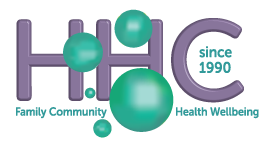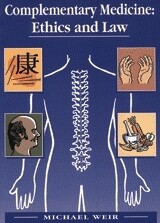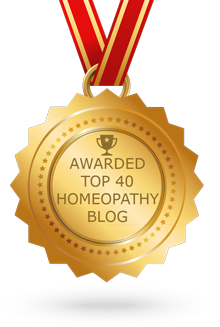Shop
Natural Medicine and Homeopathy Shop
Brookvale, Sydney, NSW (02) 99059415

Natural medicine products. New and second hand homeopathy textbooks and beginner books. Order on-line or drop-in to the clinic for professional advice. 2nd hand books.
RETURNS AND REFUNDS: Return your unused goods within 30 days with your receipt and you are eligible for a refund. Please read the full policy before purchase. SHIPPING: Our shipping costs are Standard Australia Post Fees.
Desktop Guide to Keynotes and Confirmatory Symptoms (Morrison)
Desktop Guide to Keynotes and Confirmatory Symptoms (Morrison)
This book is a one of the most popular “materia medica” in homeopathy, and that is, it is a book that describes 100+ of the most commonly prescribed homeopathic medicines along with the most characteristic symptoms that each medicine is known to treat. This book review is reprinted from the Summer 1993 edition of SIMILLIMUM with the permission of the Homeopathic Academy of Naturopathic Physicians
Roger Morrison’s Desktop Guide to Keynotes and Confirmatory Symptoms is a significant and welcome addition to the homeopathic literature. As stated by doctors Bill Gray and Jonathan Shore in their Foreword, “This book should be a mandatory addition to the library of every homeopath, occupying a place on the desk next to the repertory.” This is a strong statement, but after reviewing Desktop Guide I concur wholeheartedly.
Dr. Morrison has written a practical, very “user-friendly” book giving a clear and concise description of the remedies, followed by a list of keynotes and confirmatory symptoms. This book is exactly as titled,-a desktop guide, a source of ready information designed to be within arm’s reach both during the interview and when studying the case. This text is an abbreviated modem materia medica, featuring an easy-to-read list of keynotes and confirmatory symptoms of two hundred ninety remedies. With it you can scan the important symptoms of remedies, refresh your memory and derive valuable confirmatory questions.
Dr. Morrison writes in his Introduction, “The purpose of this book is to serve as a concise guide to the main keynotes and confirmatory symptoms of each of the most commonly prescribed remedies in clinical practice. I have entitled it Desktop Guide because I envision its place sitting bandy to the interviewer to refer to during the course of case-taking. Many, many times in my practice I have reached for just such a book as this and could not find it. I reach for this book every time I wish to confirm a remedy in a case and want to ask the specific symptoms of confirmation. While there are several excellent texts of keynotes, I found none which truly compile all the most important keynotes existing. I hope that this book will fill this void.
“This text is a compilation of the most essential facts of our remedies, based upon my knowledge but most especially upon the copious notes of my studies with George Vithoulkas. Mr. Vithoulkas is now presenting us with his magnificent materia medica, and yet I believe this simple list of keynotes and confirmatory symptoms will remain a useful tool in the homeopathic armamentarium. I have not attempted to include every symptom known for our remedies-this is the province of our great encyclopedias. Nor is this a proper materia medica for I have given only a sketch of the full essences of the remedies. Rather it is meant as a text of the basic and practical information which is the ‘bread and potatoes’ of homeopathic practice.”
In accomplishing this task, Roger Morrison has done a superb job. The remedy descriptions begin with a summary of the essence which ranges from a few sentences on the small remedies to several pages on the polycrests. Both novice and veteran homeopaths will find his essence descriptions clear and readily understandable. His writing style is unpretentious, practical, straightforward, clear and descriptive, allowing the reader to grasp rapidly the essence of the remedy in question.
Following the essence description is a list of keynote symptoms arranged by heading, beginning with Mind. Roger Morrison places Generals next, due to their importance, and this is followed, in Hahnemann’s traditional order, by Head, Nose, GI, etc.
Following the lists of keynotes is a section entitled “Clinical.” Listed here are the most common conditions to be treated by the remedy, with the warning that “pathological entities are our least specific information in the selection of the simillimum.”
Hardback: 440 pages
ISBN: 978-0963536808





